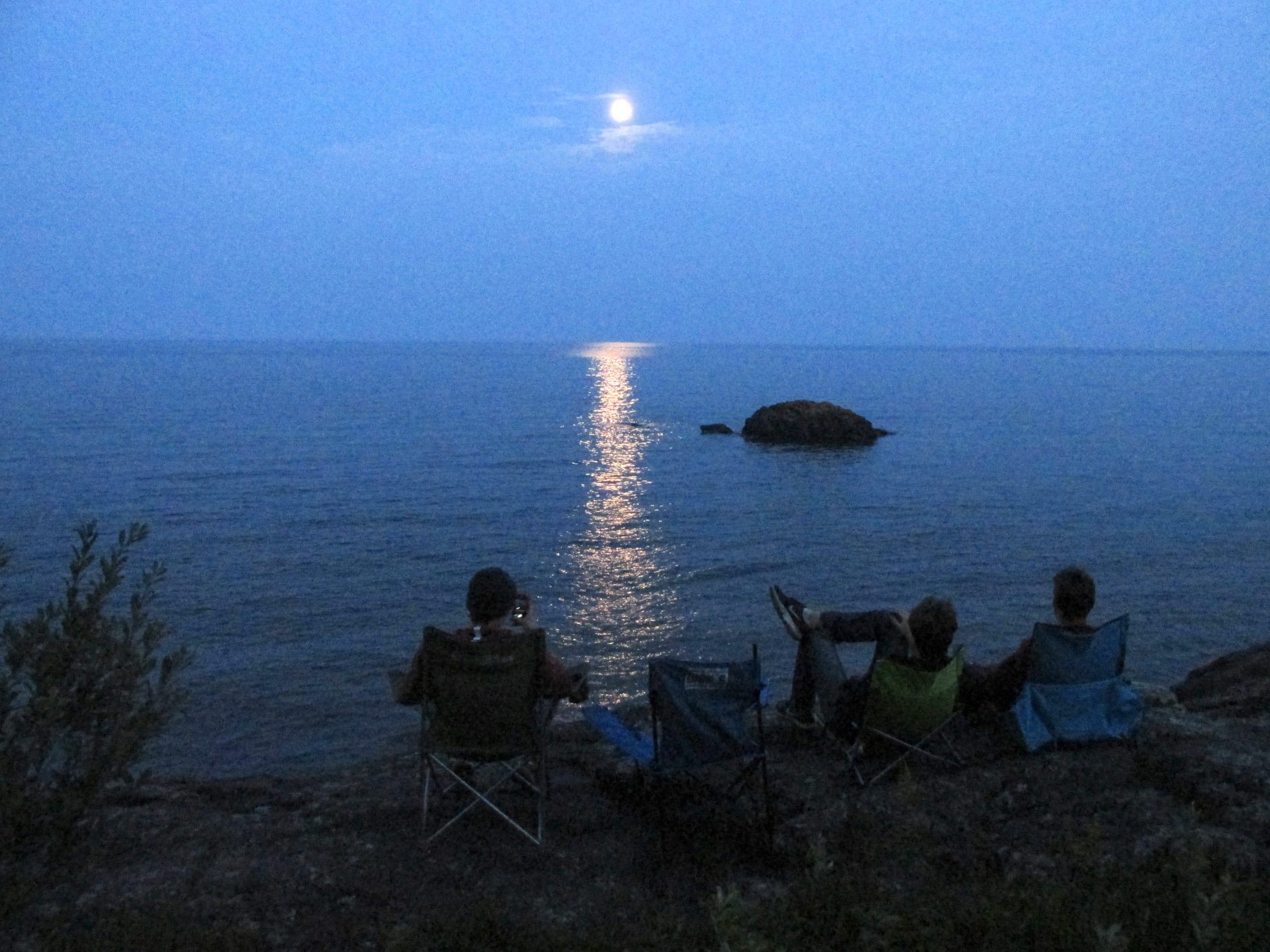I find I can laugh and cry in the same instance and I am okay with this
The audience is thriving for a human connection through storytelling on topics of real life, that not always have a happy ending. I was there to connect with a story like mine, not a happy ending.
Streaming into the theater was an audience of women; about 1 out of every 100 women was a male, all mostly between the ages of 20 and 30 something (based on my visual perception).
My husband kindly was my date. I understand why the audience was mainly women, but why not more in their forties or fifties, the people who are more likely to have gone through a tragic life event.
I met my husband at our seats, he was there before me, because the line for the women’s bathroom was about fifty deep. He told me he had a strange encounter in the men’s bathroom. He had to share it with women walking in while he was at the urinal. Laughing he said, “I had to convince myself that I could use the urinal. The women said they were married, but still, it is hard to pee when someone may be glancing over walking through to the stall.”
The show featured the host of a podcast where guests tell their personal stories of shattering life events, bringing the audience in on their emotional journey of realism. The host was launching a book tour of her newly published book, and this was the start of it.
"Terrible Thanks for Asking" on stage was humanistic storytelling inviting the audience into live of others.
To bring you into the setting, this is the description of the show, posted on the theater’s website,
“ Terrible, Thanks for Asking LIVE is a spectacular, theatrical presentation of the podcast with live music and multimedia storytelling of an unpublished episode. On-stage narration from Nora, audio clips and beautiful, bold visuals bring the audience through the signature Terrible, Thanks for Asking emotional journey….. You’ll laugh, you’ll cry, and you won’t want to miss the human connection.”
Why do people find emotional stories entertaining; perhaps a connection, personal reflection, or appreciation?
The event was sold out. I wondered, why would all of these young people want to be here?
Does it help them experience emotional issues, trauma, and adversity from a safe distance, getting a glimpse into the lives of others sharing their stories? Storytelling is an art that brings the audience into their lives. Humans are social, and this storyteller is effective in connecting with the audience.
Perhaps, they could be dealing with something terrible too, the loss of a close family member, or are suffering from an illness, or someone close to them is suffering (e.g., mental illness, addiction, cancer, heart disease, congenital condition, etc.).
Maybe they lost someone to suicide. After all, it is the 2nd leading cause of death for ages 15-34 (third is homicide, and the first is by accident), (Stibich, Mark Ph.D., 2019). An American dies by suicide every 11.69 minutes (afsp.org/StateFacts).
I need to connect with people like me who know what it is like to go through something terrible.
Another theory is the audience is thriving for humanistic storytelling on what really matters in life and to get away from crazy realities that are front and center in the national news.
I was there because I need to connect with people like me, who are also suffering from something catastrophic. The podcast host, Nora McInerny, is a widow and openly talks about her journey.
While her grief and journey are different than mine (she lost a spouse, and I lost my son), points of our grieving experience are the same. What she shares, having knowledge gained from experience is, life continues, taking your loved one with you.
My experience is only one year into my life without my son, but this is what I have learned.
I am Fine, Not Really – Nora also captures this one. When you ask how I am doing, my response of fine is a deflection. My son is still dead. Why would I be okay? The reason I respond fine depends on the circumstances around the question. The question, “How are you?” has become a standard greeting. Most recipients do not expect you to answer. Pause for a second and the person will move on to the purpose of their engagement. If you know me, I understand your question is sincere, but I am too tired to respond and after all, you already know how I am.

I Do Not Need Your Help, but I Appreciate When You Do – People want to help carry your grief. They want to do anything to make it better. I cannot tell you how to help me, but when you do something, even the simplest of gestures, it does help. Being here for my husband, daughter, and me is a gift. And because grief is lifelong, do not go away after the first ninety days.
Grief is not something a person overcomes, like an illness, it is lifelong. It does not get easier after going through the first year milestones. So far, the second year is hard too. I replay memories of his death and the milestones, and the realization he is not coming back starts to set in. Each person’s grief is their own, but grief is not linear, it is more of an undefined scribble.
I Am on an Emotional Rollercoaster- I find I can laugh and cry in the same instance and I am okay with this.
I will always want to talk about my son, even if doing so makes me cry. Being human is having emotions. I am okay showing them, and you should be okay seeing them. My voice will quiver when I advocate for change. The alternative is not to advocate. If you are asking for volunteers, you decide if you want my help.
I Am Brave – I applaud myself for leaving my house. It is hard to get the courage to engage with people. I hate small talk, always have, and even more so now. I can talk about subjects relevant to me or interject when I have an opinion, but talking is not a favorite pass-time. I had a hard time doing small talk before, and I am okay not doing it now.
Keeping His Memory Alive is Important – I need to talk about my son. I need to say his name and tell stories to keep his memory alive. I need you to do the same.
It is okay not to be okay; there are others not okay too.
Emotional stories take you on roller coaster of lows and highs, leaving you inspired. This is the point where I should be inspirational or funny.
Here is the inspiration – If you are grieving or going through some emotional event, you are not alone because there are people out there too who are not fine, and it is okay not to be okay. It is extremely important to find one person or therapist to share what you are emotionally going through.
If you are on the receiving end of someone you think is going through a crisis or a set-back, regardless of size, don’t shy away and think it will pass. Be there for them.
Now the funny part, I curse more, and sometimes I swear and use the name of God in the same sentence. If this shocks you, I am okay with that too. I know this is not funny, but I am not a comedian. To get your fix, I recommend watching The Daily Show with host Trevor Noah.
References
Stibich, Mark. “Top 10 Causes of Death for Ages 15 to 24.” Verywell Health, <www.verywellhealth.com/top-causes-of-death-for-ages-15-24-2223960>.

